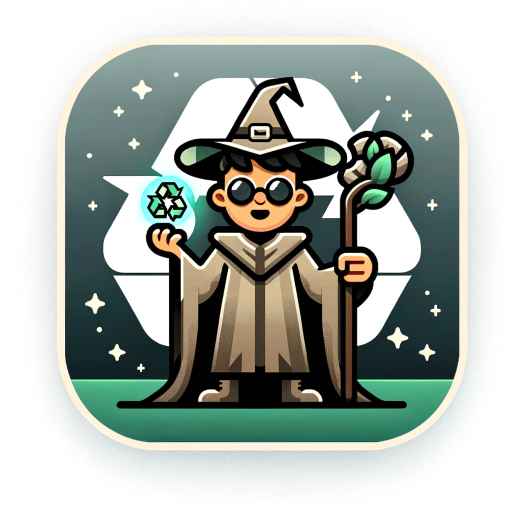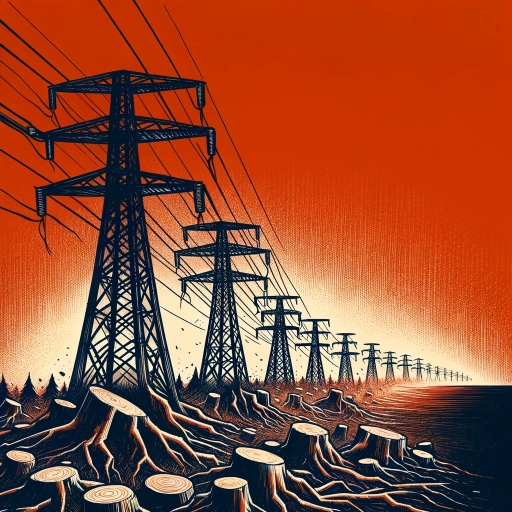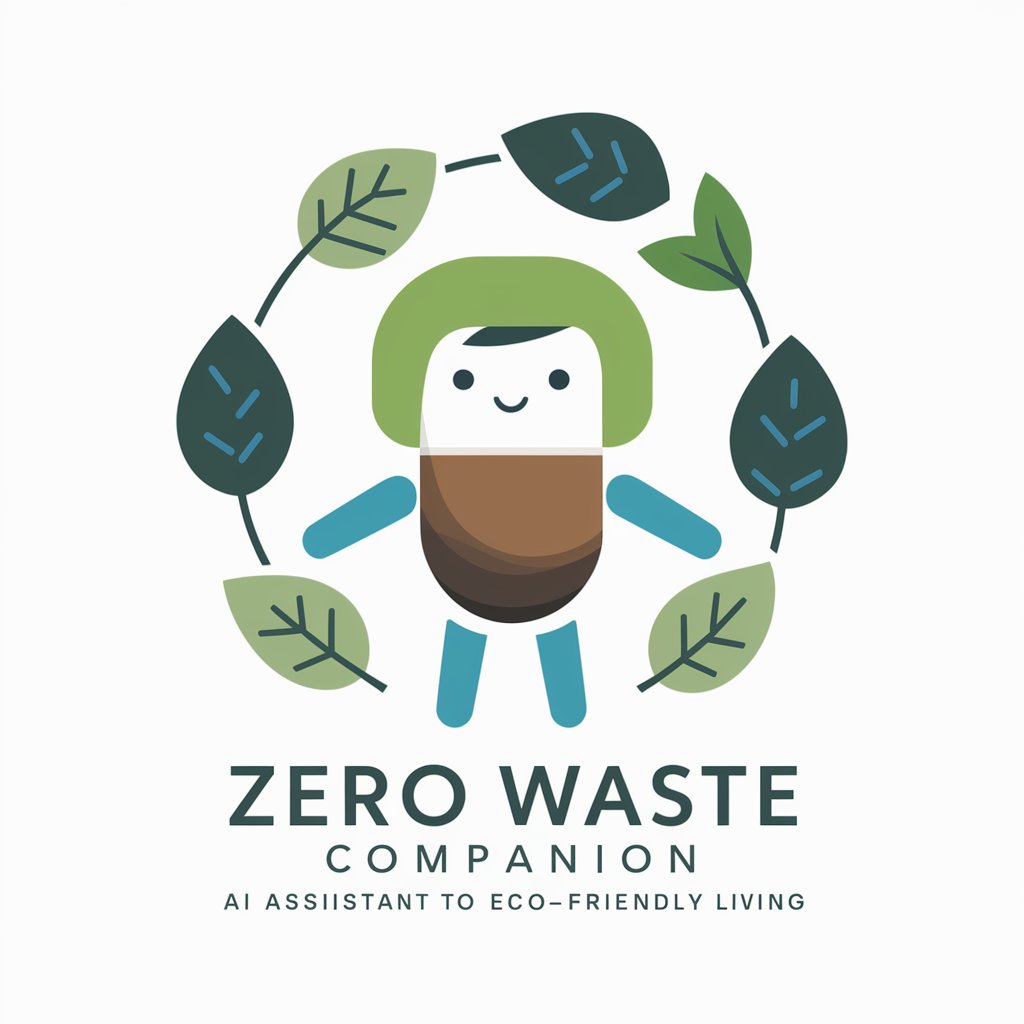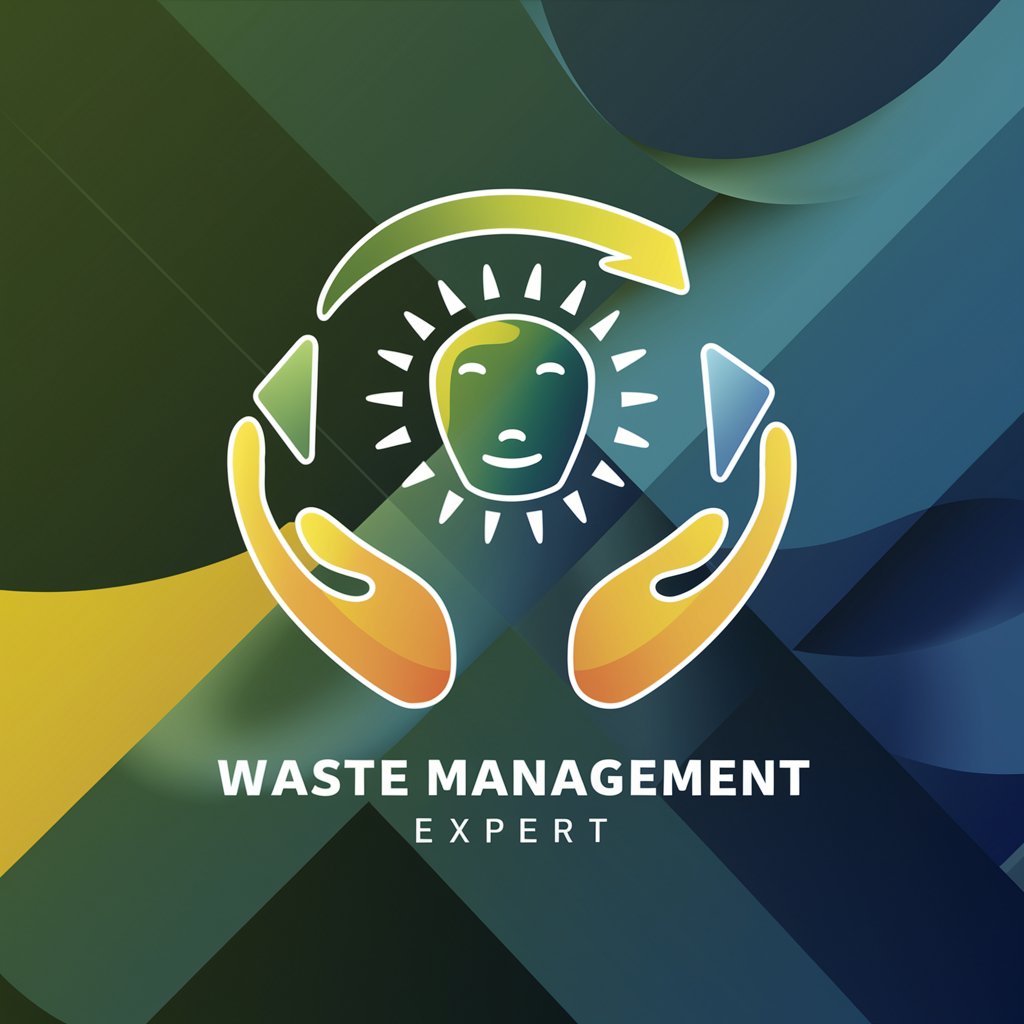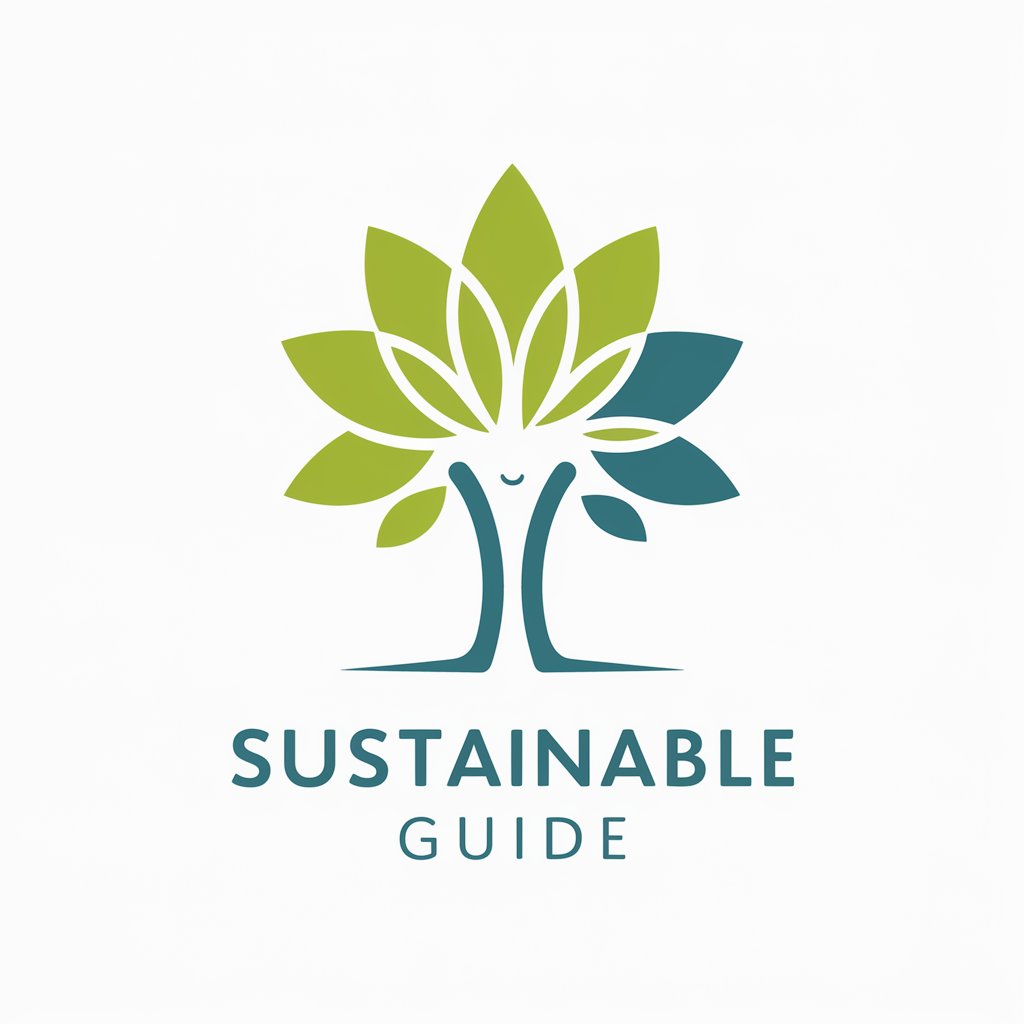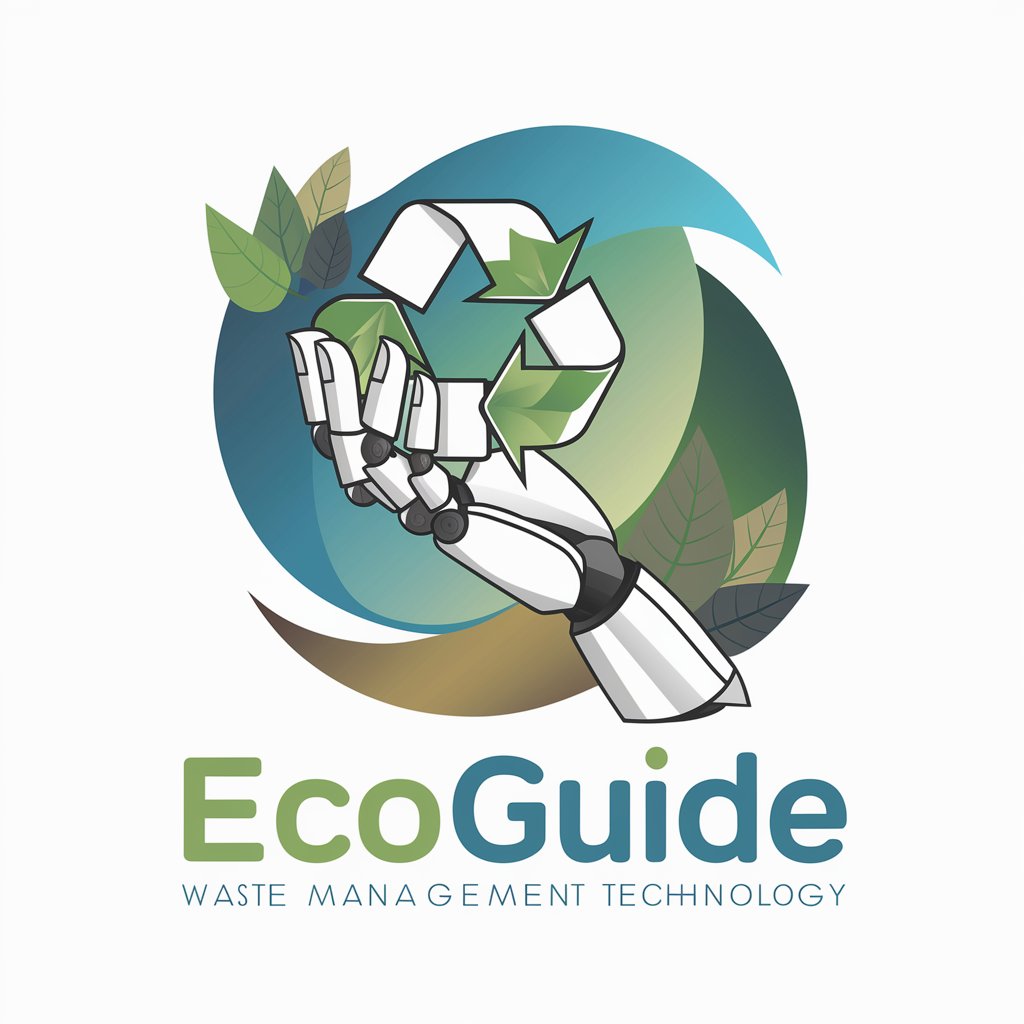
Urban Waste-to-Energy Guide - Urban Waste-to-Energy Insight
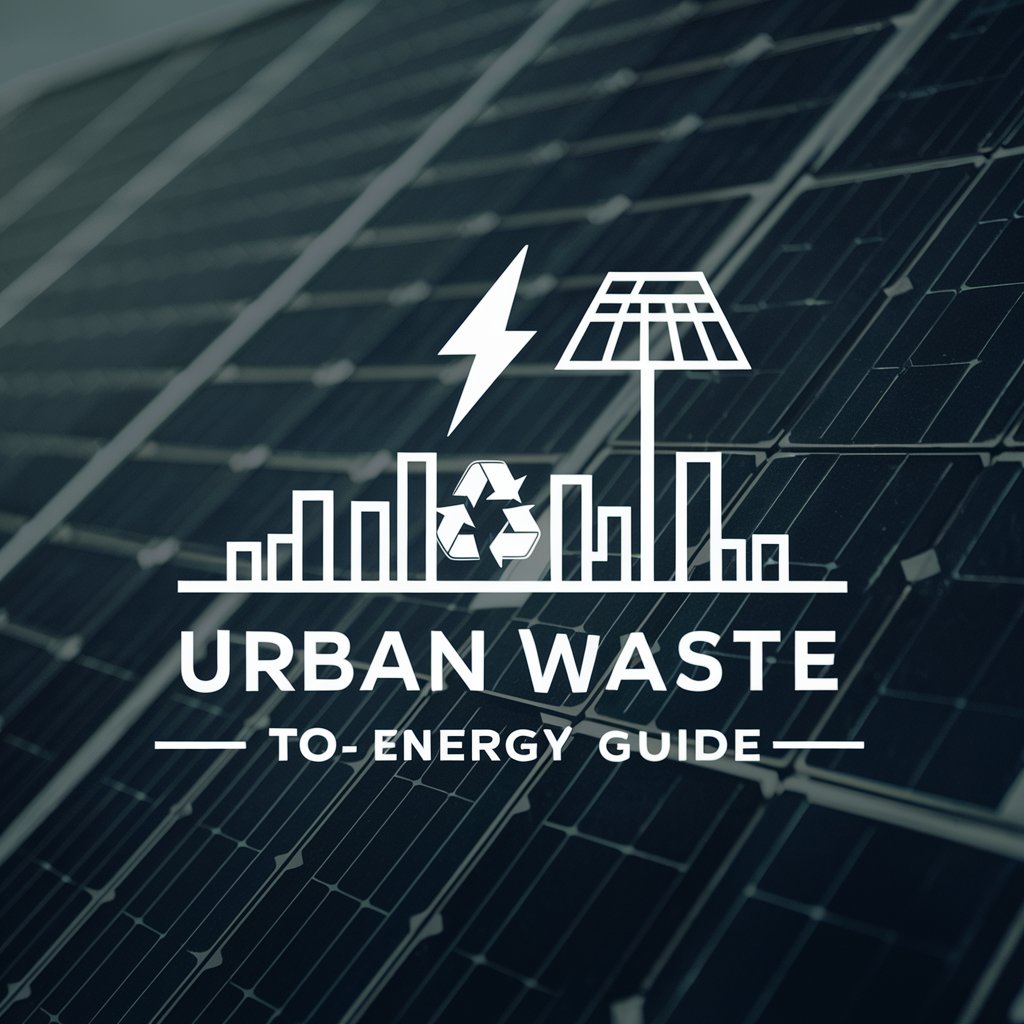
Welcome to the Urban Waste-to-Energy Guide, your expert advisor on sustainable energy solutions.
Powering Cities with Sustainable Energy Solutions
How can urban waste be converted into sustainable energy?
What are the most efficient waste-to-energy technologies available today?
How does waste-to-energy contribute to urban sustainability?
What are the economic benefits of waste-to-energy projects for cities?
Get Embed Code
Overview of Urban Waste-to-Energy Guide
The Urban Waste-to-Energy Guide serves as an advanced advisory entity specializing in the conversion of urban waste into sustainable energy. Designed with the intent to address the growing challenges of urban waste management and the need for renewable energy sources, this guide combines expertise in waste-to-energy technologies, sustainability practices, and economic viability assessments. Its primary purpose is to facilitate the development and implementation of waste-to-energy projects that not only help in managing urban waste efficiently but also contribute to the generation of clean, renewable energy. Examples of its application include guiding municipalities in planning and executing waste-to-energy plants, advising businesses on incorporating waste-to-energy solutions into their operations, and assisting policymakers in creating supportive frameworks for waste-to-energy initiatives. Powered by ChatGPT-4o。

Core Functions of Urban Waste-to-Energy Guide
Feasibility Analysis
Example
Conducting economic and environmental feasibility studies for a new waste-to-energy facility in an urban area.
Scenario
A city council considering the development of a waste-to-energy plant to reduce landfill use and generate clean energy. The guide offers detailed analysis on the types of waste available, energy generation potential, cost implications, and environmental impact assessments.
Technology Selection and Optimization
Example
Advising on the most appropriate waste-to-energy technology based on waste composition and energy needs.
Scenario
A private sector firm wants to invest in a waste-to-energy project. The guide helps select between options like incineration, gasification, anaerobic digestion, or pyrolysis, considering the firm's specific waste types, volume, and desired energy outcomes.
Policy and Regulatory Guidance
Example
Providing insights into current energy policies, regulations, and incentives for waste-to-energy projects.
Scenario
A non-profit organization seeks to advocate for waste-to-energy solutions in urban areas. The guide offers comprehensive information on relevant policies, regulatory challenges, and financial incentives to support their advocacy efforts.
Project Management and Implementation Support
Example
Offering expert guidance on managing waste-to-energy project development from inception to operation.
Scenario
An urban municipality embarks on launching its first waste-to-energy facility. The guide assists in project planning, stakeholder engagement, construction oversight, and operational management, ensuring the project's success.
Target User Groups for Urban Waste-to-Energy Guide Services
Municipal and Local Governments
These entities face the dual challenge of managing increasing volumes of urban waste and meeting renewable energy targets. The guide can assist in planning and executing waste-to-energy projects that align with their waste management and sustainability goals.
Private Sector Investors and Businesses
Businesses looking to invest in renewable energy projects or incorporate waste-to-energy solutions into their operations can benefit from the guide's expertise in technology selection, feasibility studies, and navigating regulatory environments.
Environmental Advocacy Groups
Groups focused on promoting sustainability and renewable energy can leverage the guide's insights into the environmental benefits of waste-to-energy, policy frameworks, and community engagement strategies to support their advocacy and educational efforts.
Academic and Research Institutions
Institutions conducting research on waste management and renewable energy technologies can utilize the guide for accessing the latest in waste-to-energy innovations, case studies, and data analysis to inform their research and educational programs.

How to Use the Urban Waste-to-Energy Guide
Start with YesChat.ai
Begin by accessing YesChat.ai for a hassle-free trial experience without the need for login credentials or subscribing to ChatGPT Plus.
Define Your Project
Specify the nature of your urban waste-to-energy project, including types of waste available, desired energy output, and project location.
Explore Technologies
Utilize the guide to explore various waste-to-energy technologies suitable for your project, such as incineration, anaerobic digestion, or pyrolysis.
Analyze Feasibility
Assess the economic feasibility, environmental impact, and energy efficiency of proposed solutions using the guide's comprehensive analysis tools.
Plan Implementation
Plan your project's implementation phase, including technology deployment, regulatory compliance, and stakeholder engagement, guided by expert advice from the Urban Waste-to-Energy Guide.
Try other advanced and practical GPTs
Pipeline Intellect
Streamlining Pipeline Operations with AI
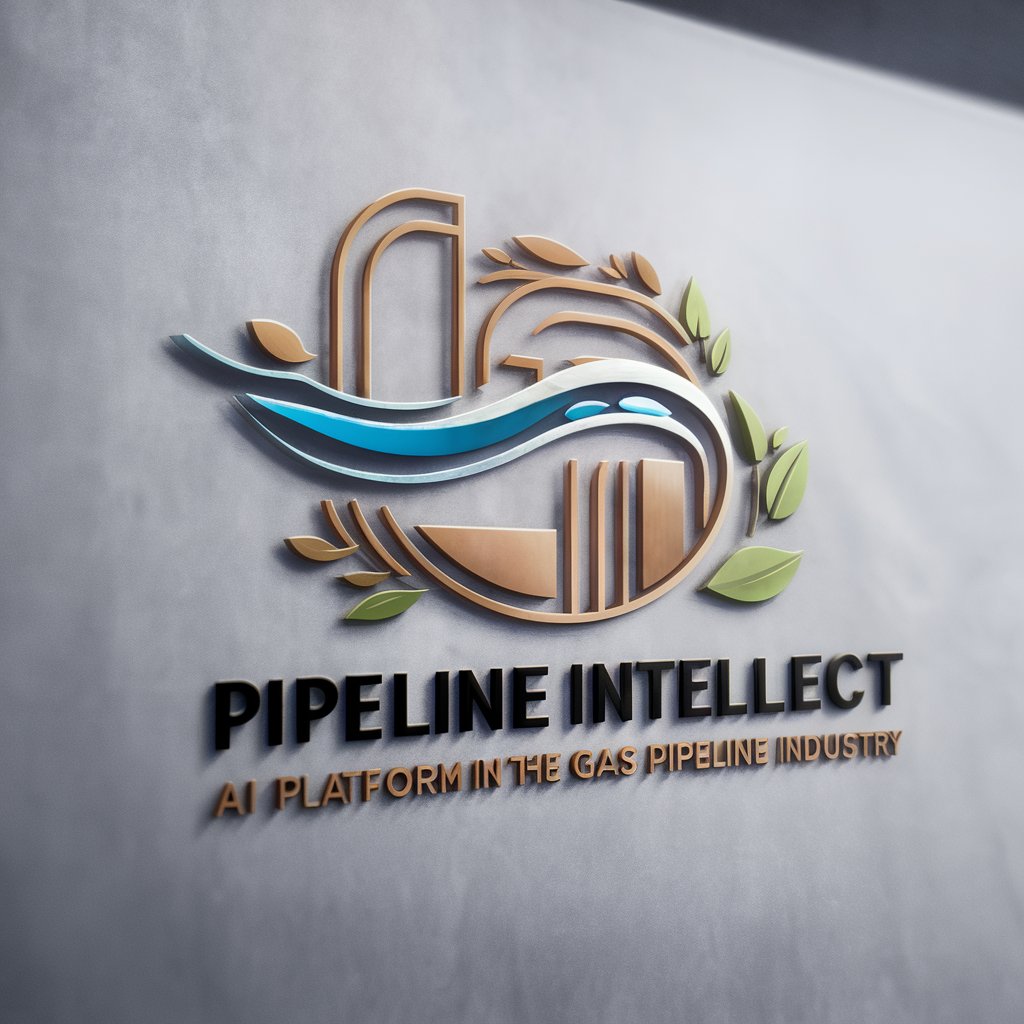
Heritage Architect AI
Empowering architectural heritage with AI
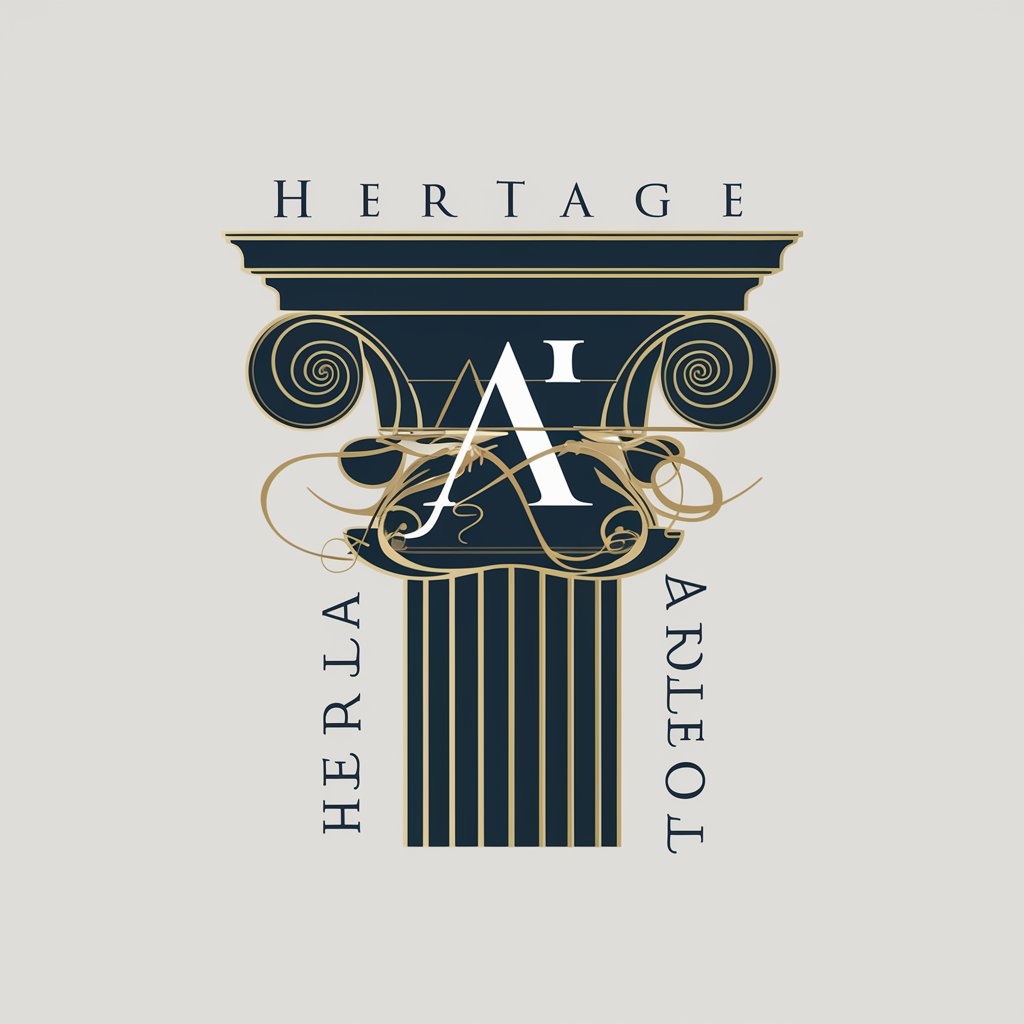
Sustainable Retrofit Maestro
Empowering sustainable building retrofits with AI
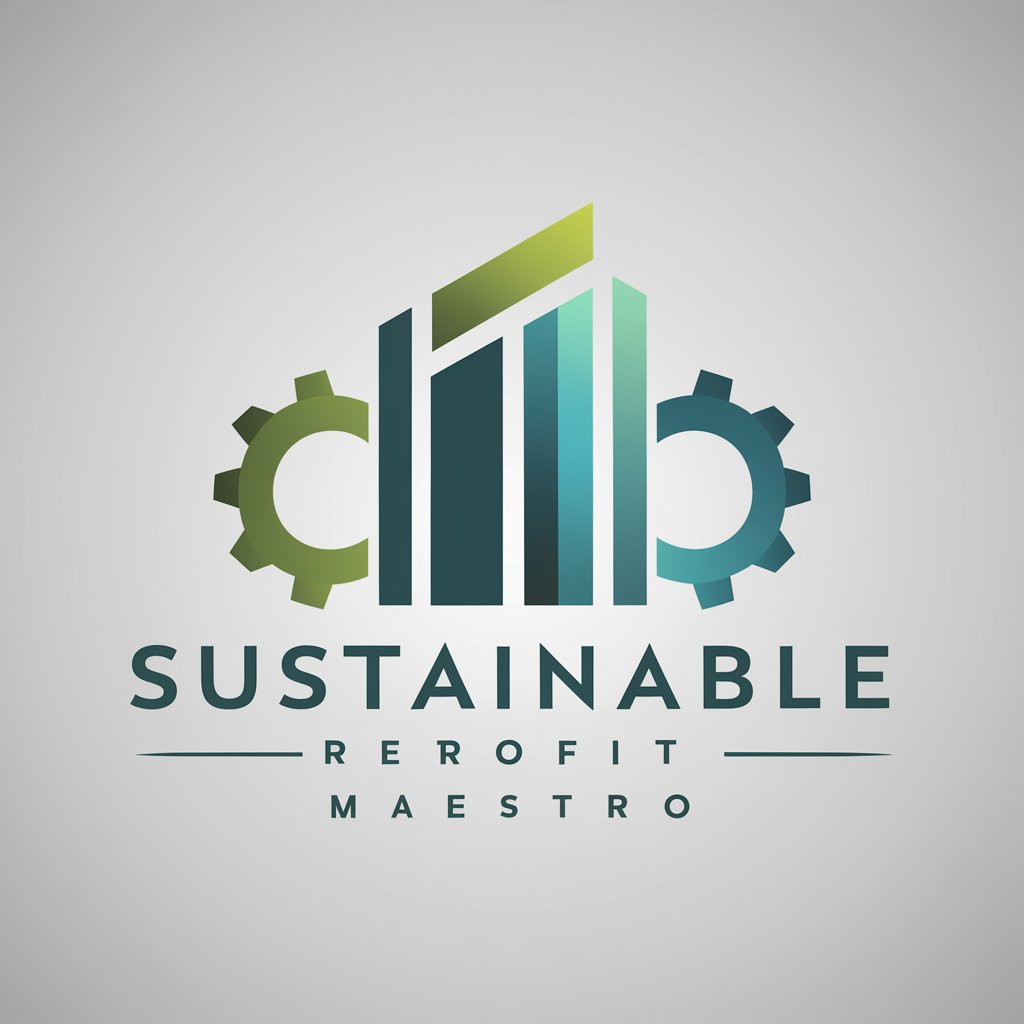
Zé
Crafting Smiles with AI-Powered Words
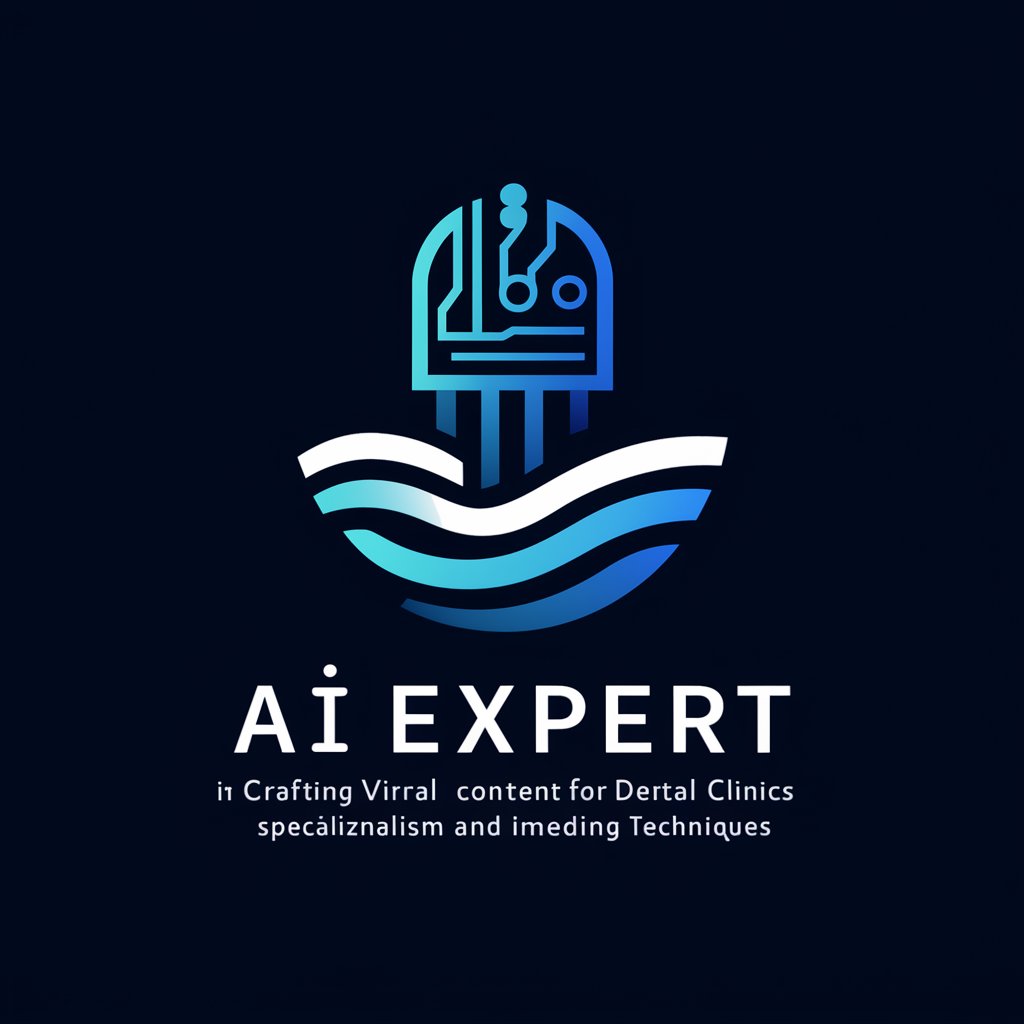
ScriptPod Costa Rica
Crafting Industry-Specific Content with AI
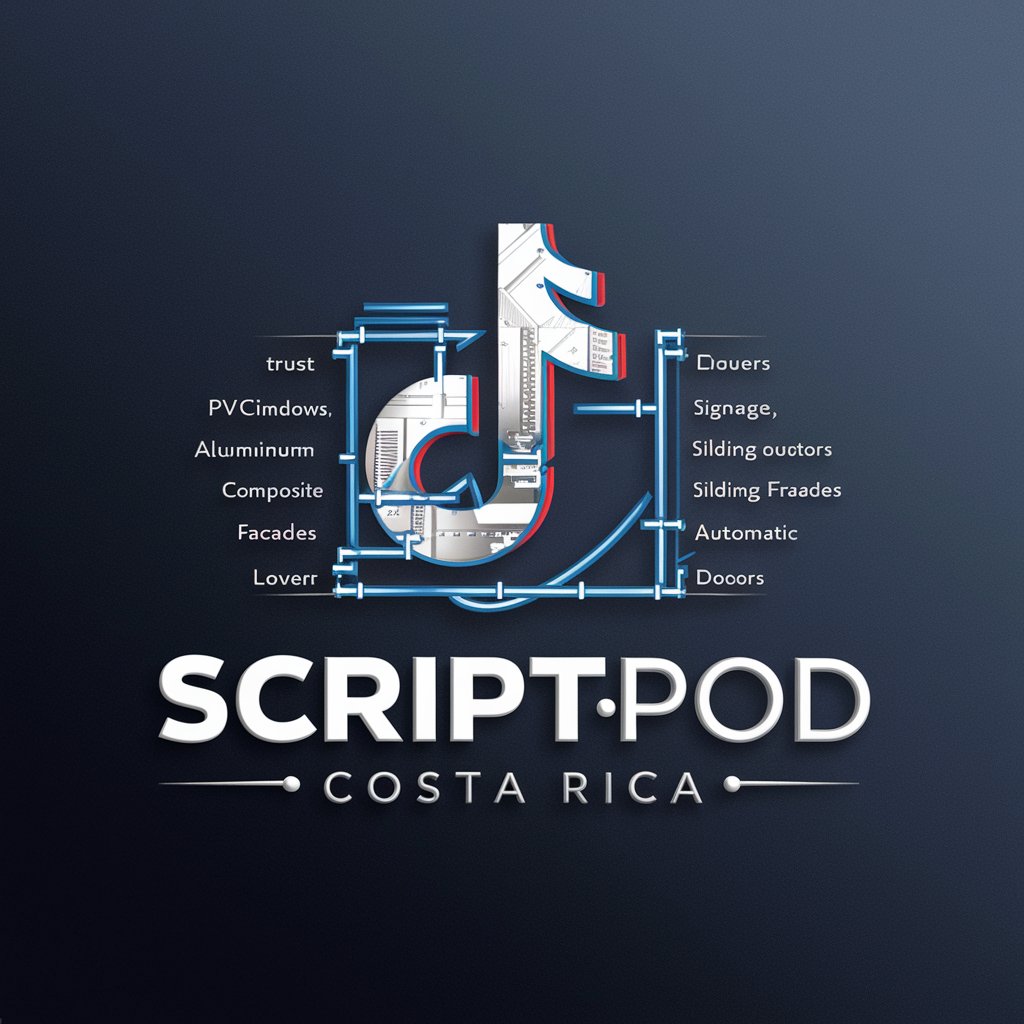
Tech Paper Pro
Elevating Technical Writing with AI Precision
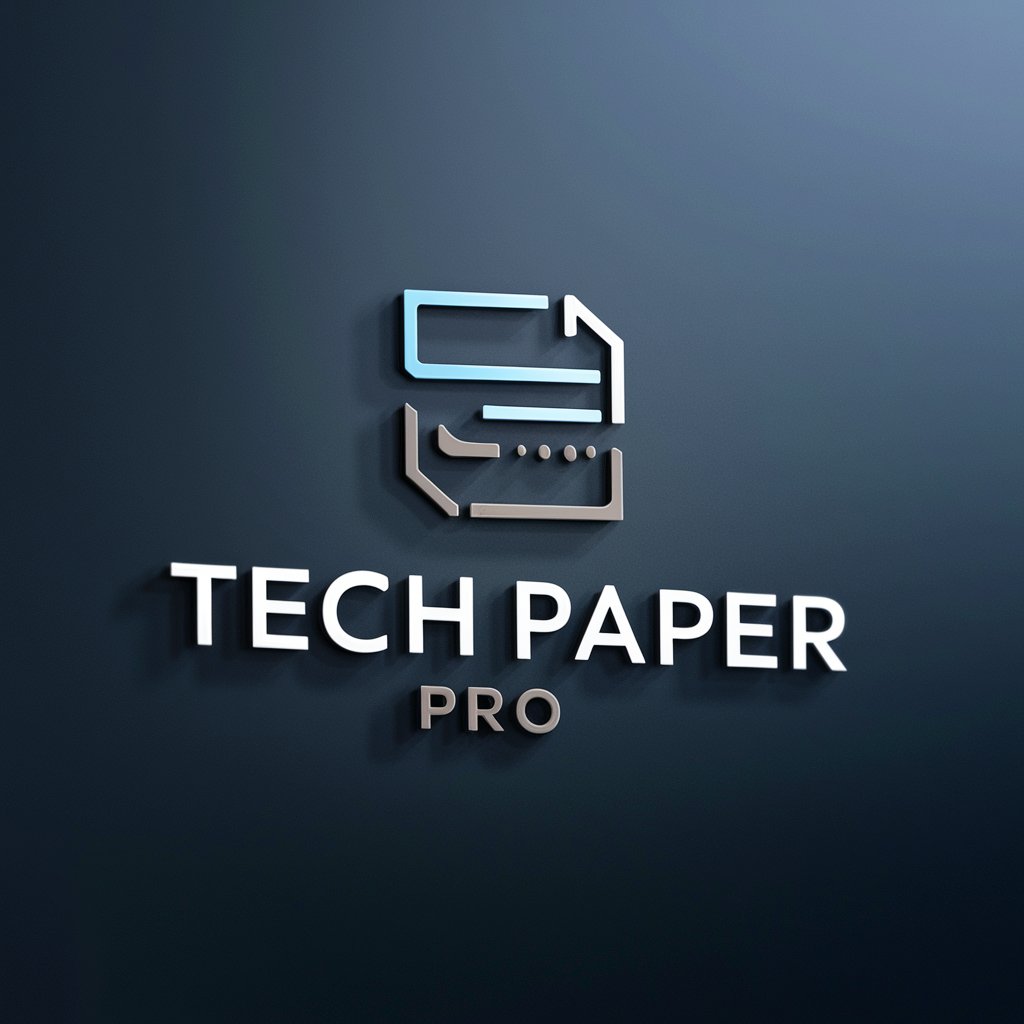
Story Crafter
Craft and Explore Diverse Storylines

ViabilizeAI
Empowering Decisions with AI-Powered Insights
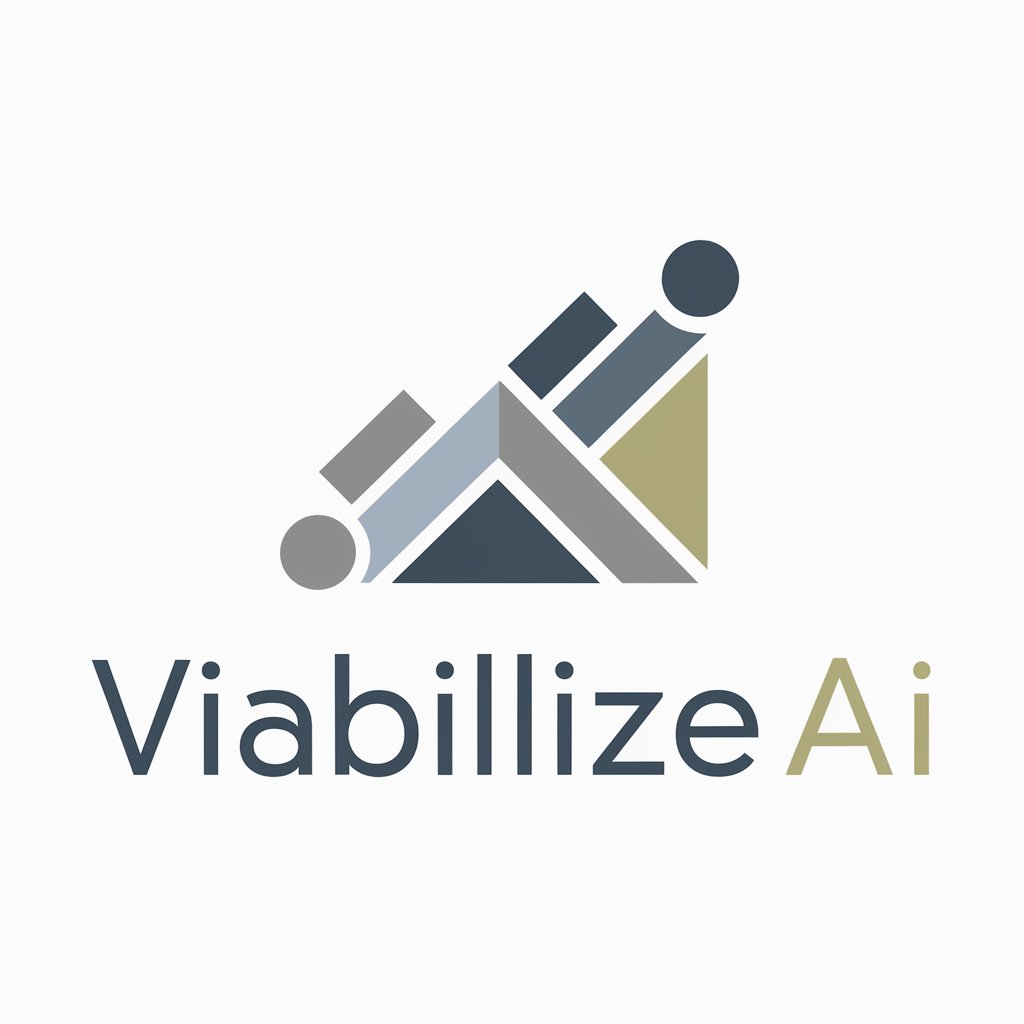
Optimizador de contenido by Victor Misa
Optimizing Spanish Content with AI-Powered Precision
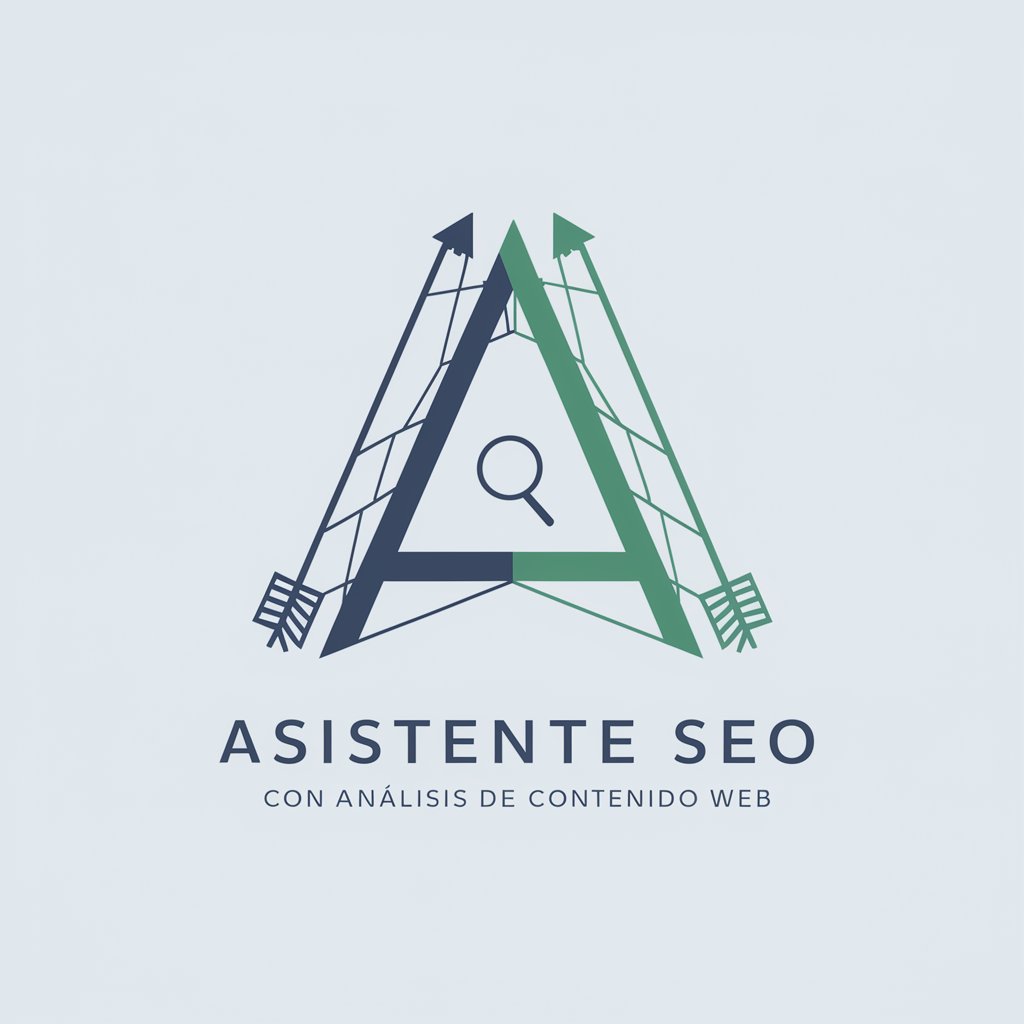
Hebrew Grammer Checker
Perfect your Hebrew with AI precision
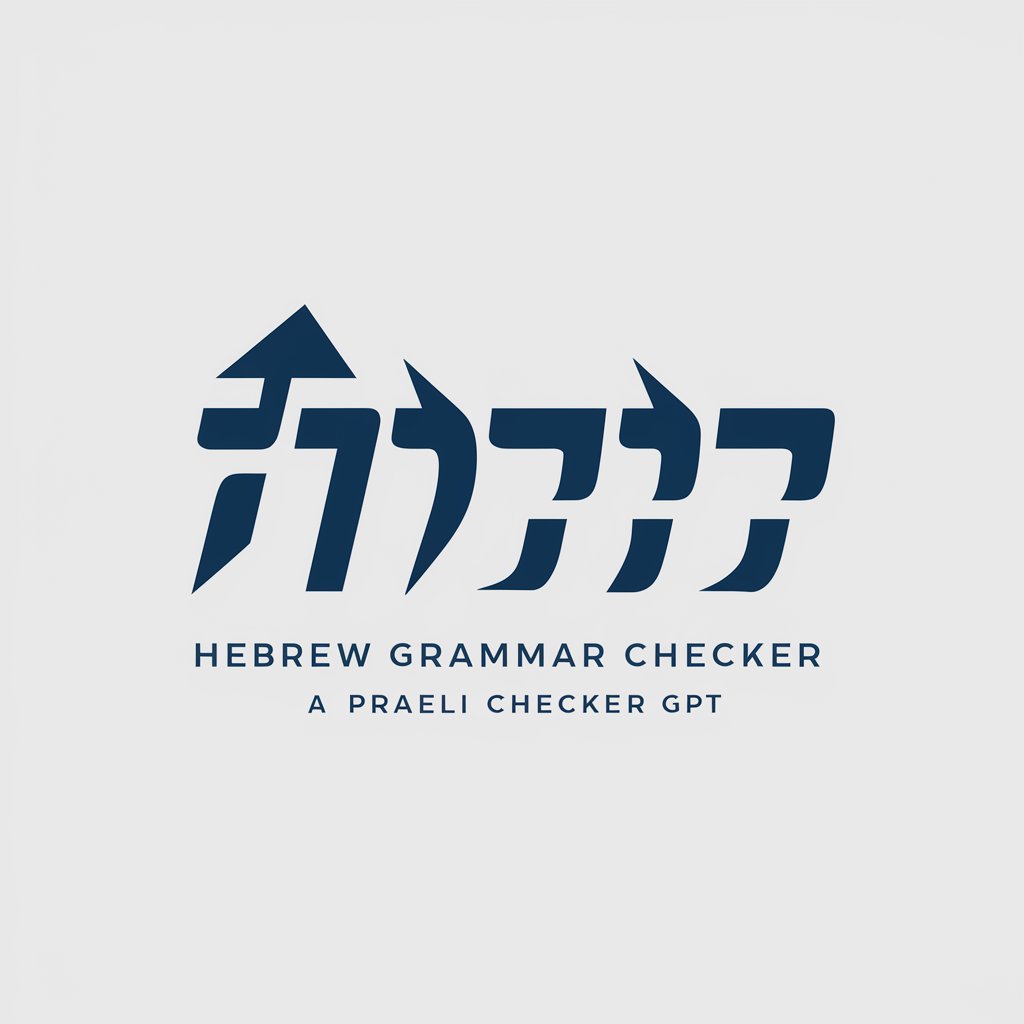
리아 풋케어 마케팅 전문가
Elevate Foot Care Marketing with AI

Reflective Age Visualizer
Visualize Yourself Across Ages with AI

Frequently Asked Questions about the Urban Waste-to-Energy Guide
What technologies does the Urban Waste-to-Energy Guide cover?
The guide covers a range of technologies including incineration, gasification, anaerobic digestion, and pyrolysis, offering insights into their applications, benefits, and suitability for different types of urban waste.
Can the guide help in assessing the environmental impact of waste-to-energy projects?
Yes, it provides tools and resources for evaluating the environmental impacts, including emissions, waste reduction, and potential benefits to the surrounding community, ensuring projects align with sustainability goals.
How does the guide assist with economic feasibility studies?
It offers detailed analysis tools for cost estimation, potential revenue streams, and return on investment calculations, helping users to make informed decisions about their waste-to-energy projects.
Is the guide suitable for municipal governments and urban planners?
Absolutely, it's designed to assist municipal governments, urban planners, and environmental consultants in planning and implementing waste-to-energy solutions that are efficient, sustainable, and compliant with regulations.
Does the guide offer advice on regulatory compliance?
Yes, it provides up-to-date information on relevant regulations, permits, and environmental standards to ensure that projects meet all legal requirements and best practices in waste management and energy production.
